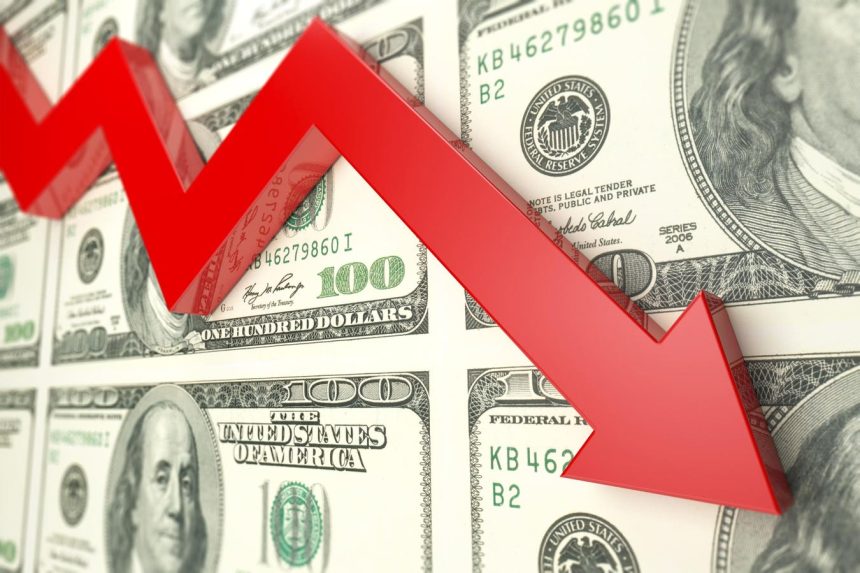Shares of video game retailer GameStop
GameStop
If you were not around 3 years ago then and it seems a long time ago and you don’t know what a meme stock was, you missed out on some fun, but not really any real wealth creation unless you were lucky, in my humble opinion.
If you weren’t aware of the meme definition, it’s when a company’s stock price rises dramatically due to speculation on social media and online forums rather than any real evidence of solid financial health or solid business fundamentals, the stock is a meme stock. Individual investors, especially those who are active on social media sites like Reddit and X, frequently drive the interest in and popularity of these companies.
Why Meme Stocks Are Attractive
As a fundamental investor, I concentrate on just that. The mechanics of the business and how it operates. Therefore, meme stocks don’t appeal to me so much. I like things I can understand and justify for an investment. I understand why things go right or wrong, for that matter, and if my numbers have been correct or not.
We live in an investing world that is lacking in patience for returns and particularly the more novice investors are on the lookout for very quick wins. We also live in a world today where illogical behavior can seem a bit smarter than logical behavior. With meme stocks, they have very high volatility, which means their prices change very quickly. Many investors trade these stocks because they’re afraid of missing out (FOMO), and they want to make quick money by riding the wave of interest created online instead of using more traditional investment methods that are based on how well the company is doing. These events can cause stock prices to rise sharply and then drop quickly, which makes investing in these names very dangerous.
Are you sure that you’re a smart investor? A lot of people think they are. Having said that, we are all sensitive beings. Because of how we think, we often make hasty, stupid choices that hurt our performance or cause us to lose. Surprisingly, most people make good financial choices. But timing, market movement, fear, and greed can ruin any chance of a good return. Often, it comes down to how people feel. Investors lose money not because of the economy but because of how they think and act. I talk a lot about investing as regards to human psychology here.
So put together the potential of some quick wins, some fancy social media dialogue, and a fear of missing out and you and your money could be parted very easily. It’s important to remember that this sort of strategy is reserved for the meme stock market. No real fundamentals exist, but the urge to buy can be overwhelming. It’s here that you must take a step back before you invest and consider the risks first.
Factors To Consider
Speculative trading, rather than the firm’s real business performance, causes the price of meme stocks to fluctuate wildly. For Individuals who jump on the bandwagon in or at the company’s peak excitement, this extreme volatility can lead to small gains or heavy losses as the appetite fades. Take the meme stock frenzy of 2021, for instance. GameStop and AMC saw their stock prices skyrocket to record highs. But as quickly as the excitement built up, it fizzled out, causing their stock values to crash. Those who jumped on the bandwagon too late were left with hefty losses, as the rapid downturn made it nearly impossible to sell without taking a hit.
It’s important to understand that social media is another risk and one of several factors that can endanger investments in meme stocks, exposing you to potentially significant losses if not managed with a strategic approach. Share prices often experience rapid price increases fueled by hype on platforms like Reddit and X. However, this social media-driven enthusiasm can quickly dissipate, leading to equally swift and steep price drops.
The extreme 2021 stock price spike at AMC Entertainment is a prime illustration of the dangers of social media-driven meme stocks. The retail investors who coordinated Reddit’s r/wallstreetbets and other social media channels made AMC their target, much like they did with GameStop. From a low of $2 in January, AMC’s stock price soared to more than $60 by June, thanks to these investors, who were driven by a combination of profit-seeking and a desire to take on institutional short-sellers.
A social media story advocating buying and holding the stock to trigger a short squeeze was the primary driver of this meteoric rise. Nevertheless, the stock price went through a precipitous fall as the early social media excitement faded and AMC’s fundamental financial difficulties and market circumstances became apparent. Those that got in on the purchasing frenzy when the stock was trending high lost a ton of money when the momentum died down.
As a long-term fundamental investor, it’s essential to highlight the inherent risks associated with meme stocks, particularly their lack of fundamental value. These companies are buoyed not by robust financial health or proven business strategies, but by hype and speculation fueled by social media. This disconnect between stock prices and intrinsic company value poses a significant danger.
Meme stocks often lack financial solidity—such as strong revenue growth, profitability, and cash flow—that would justify their soaring market valuations. Instead, their prices are frequently inflated by traders acting on trends or the thrill of the gamble, rather than sound investment principles. When the inevitable market correction occurs and brings prices back in line with their fundamental worth, investors who bought in at the heightened levels can face steep financial losses. This adjustment is not just a theoretical risk but a practical inevitability, reflecting the market’s eventual return to rational pricing.
For those committed to fundamental investing, the lure of quick profits from meme stocks must be weighed against the potential for significant losses. Focusing on long-term value creation and real, quantifiable company performance are essential components of true investment discipline. The risk of relying on inflated valuations driven by speculation is that when sentiment shifts, as it invariably does, the fallout can be severe and swift.
Finally, let’s talk about the concerns of market manipulation as it relates to investing in meme stocks. The erratic changes in meme stock values aren’t always the result of chance; occasionally, they result from deliberate market manipulation. This is the point where some people or organizations might do things that make it hard to tell how much these stocks are worth. Investors without sufficient knowledge or experience to spot manipulation strategies are especially vulnerable to such actions.
Lastly, the regulatory landscape of meme stocks further complicates matters. In their pursuit of investor protection and equitable market conditions, regulatory agencies frequently examine these stocks as they get more public attention. Investigations and measures stemming from such scrutiny might cause firms to face financial penalties and more market volatility. You could well get caught up in this.
Conclusion
For me, the substantial hazards outweigh the attractiveness of making fast money with meme stocks. Since social media excitement rather than strong business fundamentals drives these stocks, there is a high degree of uncertainty and the potential for significant losses. Being subject to market manipulation or regulatory scrutiny increases the risk. Meme stocks are a risky bet that doesn’t fit with sensible investing concepts, and they’re not for those who are serious about building wealth over the long run. Caution and a focus on long-term stability should characterize your investment strategy, not the allure of a fast buck.
Read the full article here
















